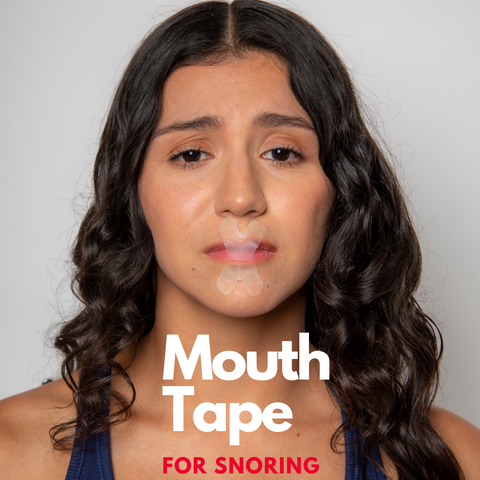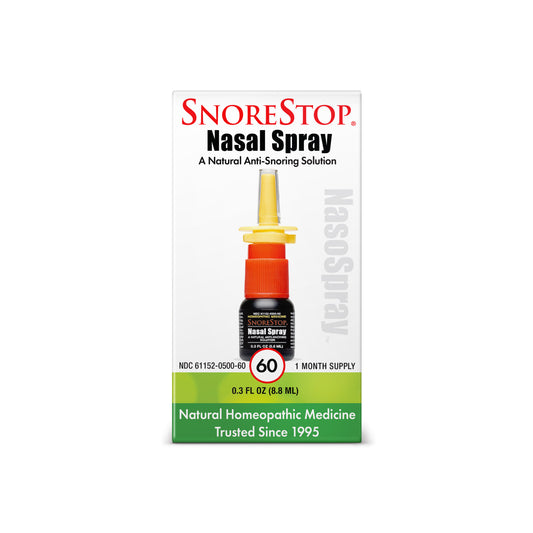
Mouth Taping Unmasked: Know Before You Tape
What is Mouth Taping?
Mouth taping is a straightforward technique involving the use of skin-safe tape to close the mouth during sleep, encouraging nasal breathing. Medical experts highlight the natural design of our respiratory system, emphasizing the benefits of breathing through the nose. This method aims to leverage nasal breathing's production of nitric oxide, promoting potential snoring reduction.
Does Mouth Tape Stop Snoring?
Mouth taping is intended to halt snoring by discouraging mouth breathing during sleep. Mouth breathing during sleep can contribute to snoring, and the concept behind mouth taping is to promote nasal breathing instead. Research on mouth taping and snoring has primarily centered on individuals with mild obstructive sleep apnea (OSA), a sleep-related breathing disorder often associated with loud snoring.
Is Mouth Taping Safe?
A study using porous tape to explore the effects of mouth taping found that common side effects included discomfort, lip soreness, difficulty breathing, a perception of suffocation, sleep disruption, and feelings of embarrassment. It's essential to consider these potential drawbacks before opting for mouth taping as a snoring solution.
Alternatives to Mouth Tape
There are various effective approaches to reduce snoring besides mouth taping:
-
Avoid back sleeping: Sleeping on your back can induce snoring, so try sleeping on your side or stomach. Use pillows to help prevent you from rolling on your back.
-
Nasal Spray: A natural nasal spray can help open blocked nasal passages to promote nasal breathing instead of mouth breathing.
-
Quit smoking: Smoking or vaping is associated with snoring, so quitting can decrease snoring and offer other overall health benefits.
-
Limit alcohol and sedatives: These substances can lower muscle tone in the mouth and throat, increasing the likelihood of snoring.
-
Maintain a healthy weight: Obesity can restrict airflow through the upper airway, making snoring more likely.
Conclusion:
Caution is key when considering mouth taping. It's not a universal solution and may not be suitable for individuals who struggle to breathe through their noses due to conditions like allergies or a deviated septum. Taping your mouth in such cases could impede the ability to breathe consistently and take full breaths. Avoid using brands that fully cover the mouth.








